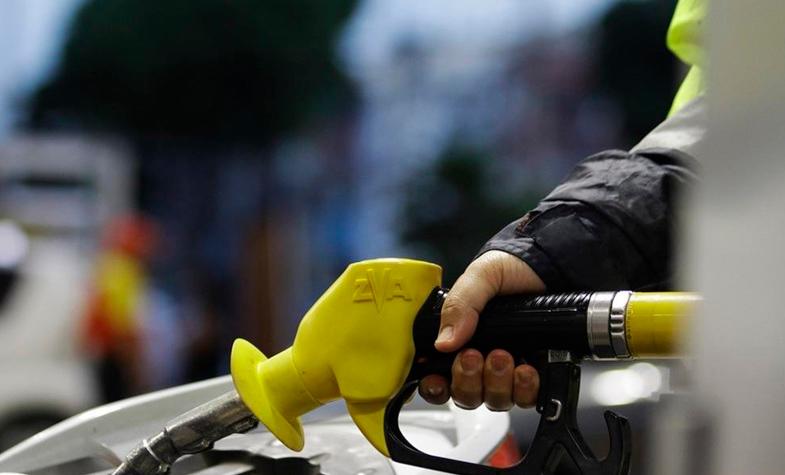KUALA LUMPUR: Subsidy reform is often considered a necessity, especially as governments grapple with fiscal constraints. however, the way subsidies are targeted can have serious implications for the poor.
Dr Muhammed Abdul Khalid, research fellow at Institute of Malaysian and International Studies (Ikmas), Universiti Kebangsaan Malaysia. said targeted subsidies frequently fail to reach the most vulnerable segments of society.
Citing global examples, Muhammed highlighted Brazil’s experience, where targeted median subsidies excluded a significant portion of the bottom 20–30% of the population.
Similarly, he said, the Philippines cash transfer programme, one of the largest of its kind, also failed to include many in the lowest income bracket.
“Even in Malaysia, studies conducted before and during the Covid-19 pandemic found that around 30% of those living in low-cost housing did not receive any form of cash aid.
“In 2022 alone, 30% of needy residents in Kuala Lumpur were excluded from assistance,” he said at the Intellectual Discourse @ INCEIF titled “The Rising Costs vs Flat Wages – Escaping the Wallet Squeeze” panel discussion today.
Muhammed said this consistent pattern of exclusion underscores a key point: targeting the poor is inherently difficult, whereas identifying and excluding the rich is far easier.
“Administrative databases more prominently display the rich due to their smaller numbers. The poor, however, often fall through bureaucratic cracks due to informal employment, inconsistent documentation, or geographic isolation.”
Muhammed said rather than stigmatise the poor with means-testing and labelling, a universal approach is more just and effective.
In countries like Indonesia, he cited, programmes such as subsidised petrol have inadvertently caused hardship for the poor, forcing them to queue for basic entitlements and suffer the indignity of being publicly marked as “needy”.
If subsidy rationalisation is to be implemented, Muhammed said, it should be done gradually, with price floating introduced carefully to avoid shocks to vulnerable groups. “At the heart of reform must be the principle of inclusion – not exclusion.”
Muhammed also addressed broader fiscal and governance challenges.
He said Malaysia’s taxation system is described as regressive, where individuals are taxed heavily on basic consumption and wages but lightly on dividends and luxury assets.
“For instance, buying a cheap car incurs tax, while luxury vehicles often escape it. Salary earners may pay up to 24% in taxes, but dividend income is taxed at only 2%,” Muhammed pointed out.
He questioned how tax revenue, particularly the recently introduced expanded Sales and Service Tax, is utilised.
He said investing in mega projects such as high-speed rail, which mainly benefit the top 1% to 3% of the population, was criticised as an inefficient use of public funds, especially in the early stages of budget reform.
Instead, spending should focus on public goods such as education, healthcare and public transport – services that benefit the majority.
“Ultimately, it comes down to governance. Countries with high tax rates, like those in the Nordic region, also have high trust in government and low levels of tax evasion.
“Why? Because their citizens see tangible outcomes: clean governance, quality public services, and accountability. When trust exists, people are more willing to contribute to the system,” Muhammed said.
Bank Negara Malaysia assistant governor Fraziali Ismail said Malaysia’s long-standing low-cost economic model – anchored by broad subsidies and price controls – is increasingly showing signs of strain.
He said while this approach historically enabled competitiveness and affordability, especially for lower-income groups, he argue that the system may now be holding the country back.
“We’ve built our economy on being cost-competitive – producing and selling goods at low prices both domestically and internationally. But that model is fraying,” Fraziali said at the forum.
He said subsidies have played a central role in sustaining Malaysia’s affordability model, particularly in essential sectors such as fuel, utilities, and food. However, the policy’s effectiveness is diminishing.
“Subsidies are not inherently bad. However, we have overextended them to their limits. We have maxed out the role of price controls and subsidies to the point where, instead of helping, they are starting to hinder further progress.”
Fraziali said massive subsidies – estimated at RM60 billion with RM50 billion alone on fuel – have increasingly become regressive, benefitting the wealthier population more than the poor.
And with the current fiscal situation, continuing this trajectory is neither sustainable nor equitable.
“We must shift away from blanket subsidies that distort prices and adopt better-targeted, inclusive policies. If we want to reform subsidies, we need to do it gradually, with floating prices and mechanisms to protect the vulnerable,” Fraziali said.
Beyond subsidies, he said Malaysia is grappling with a broader cost-of-living crisis, a challenge that is both structural and global.
While the official inflation rate is relatively low, reported at just 1.2%, many households continue to struggle.
“Affordability shouldn’t come at the expense of progress.
“If we are serious about tackling the cost-of-living crisis and ensuring long-term prosperity, we must transition toward an economy driven by productivity, fair wages, and smarter social support, not just low prices,” Fraziali said.









